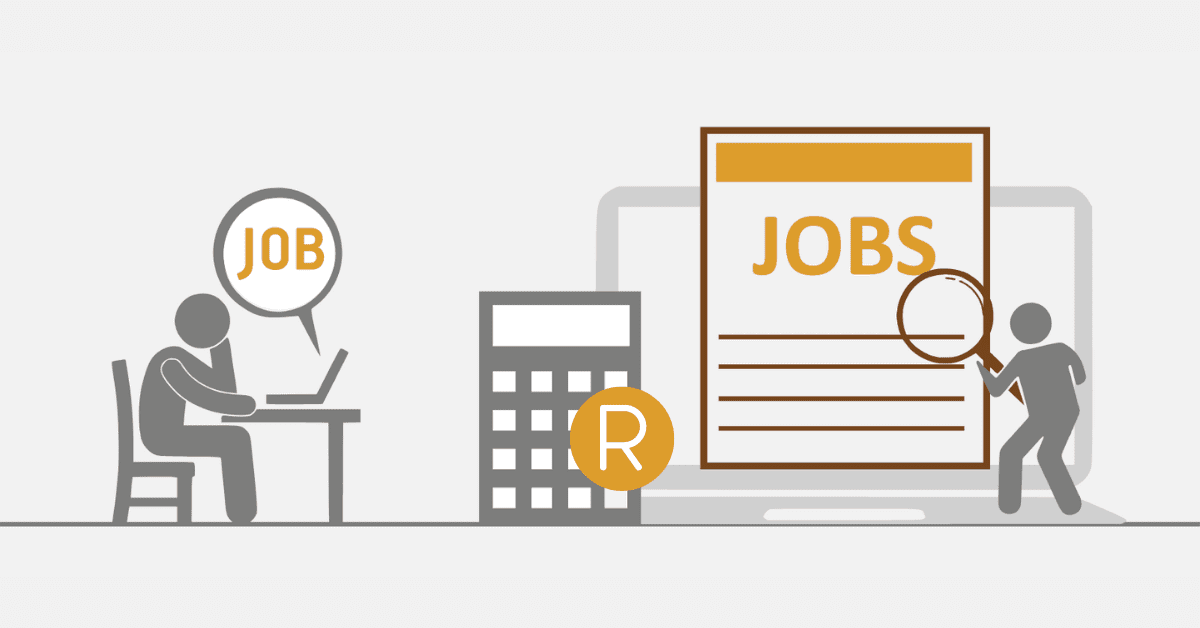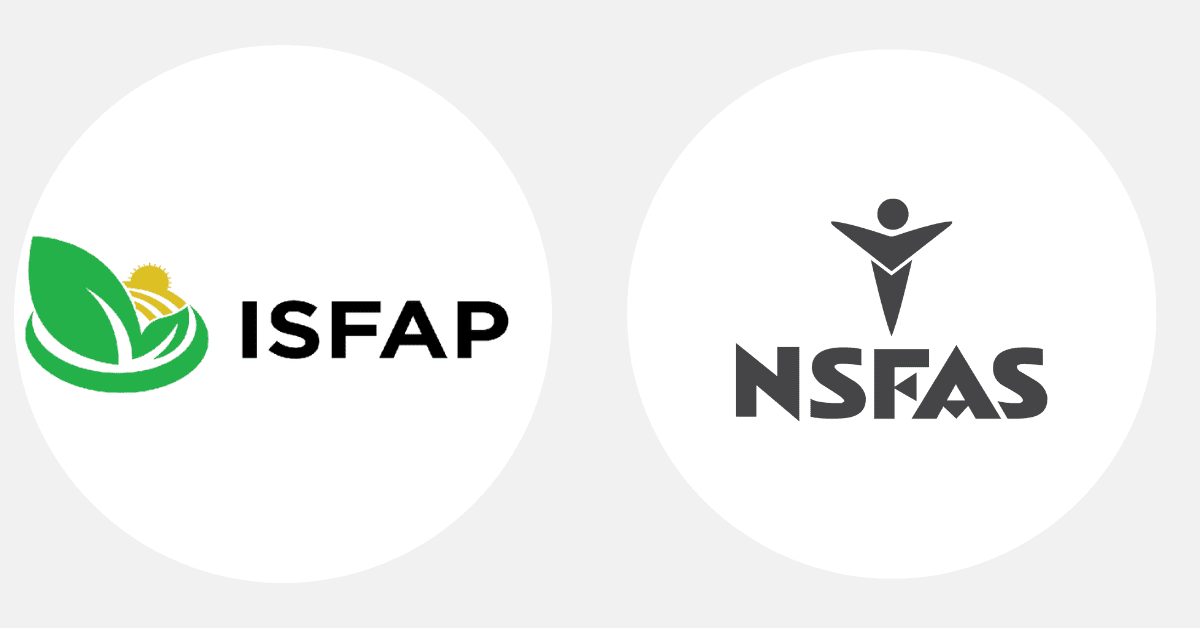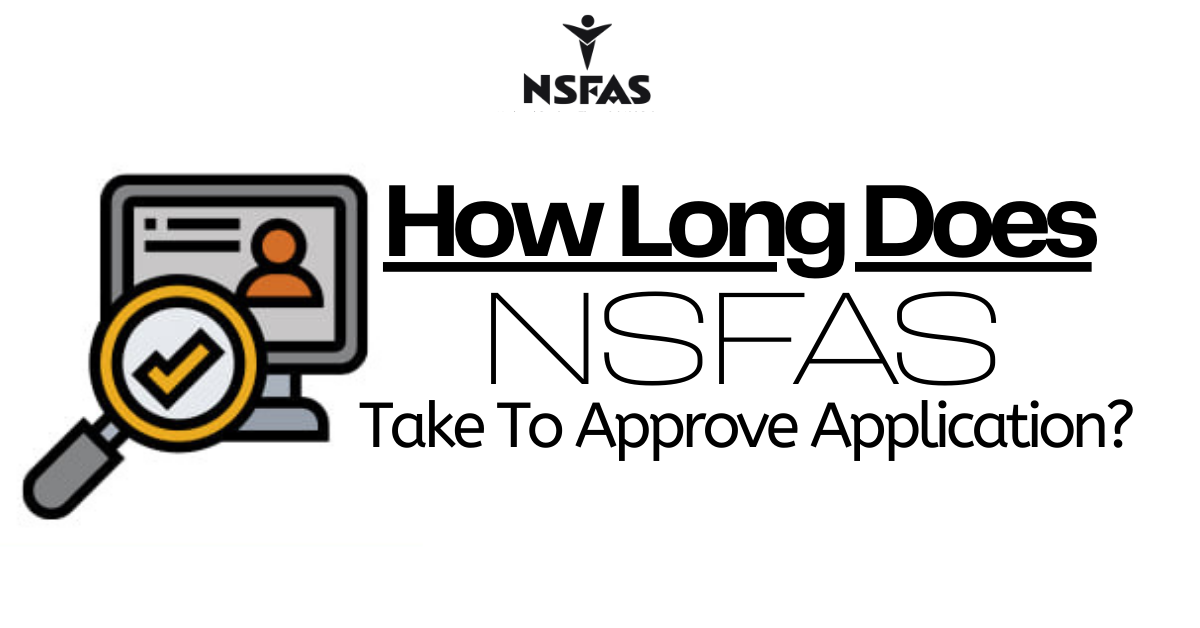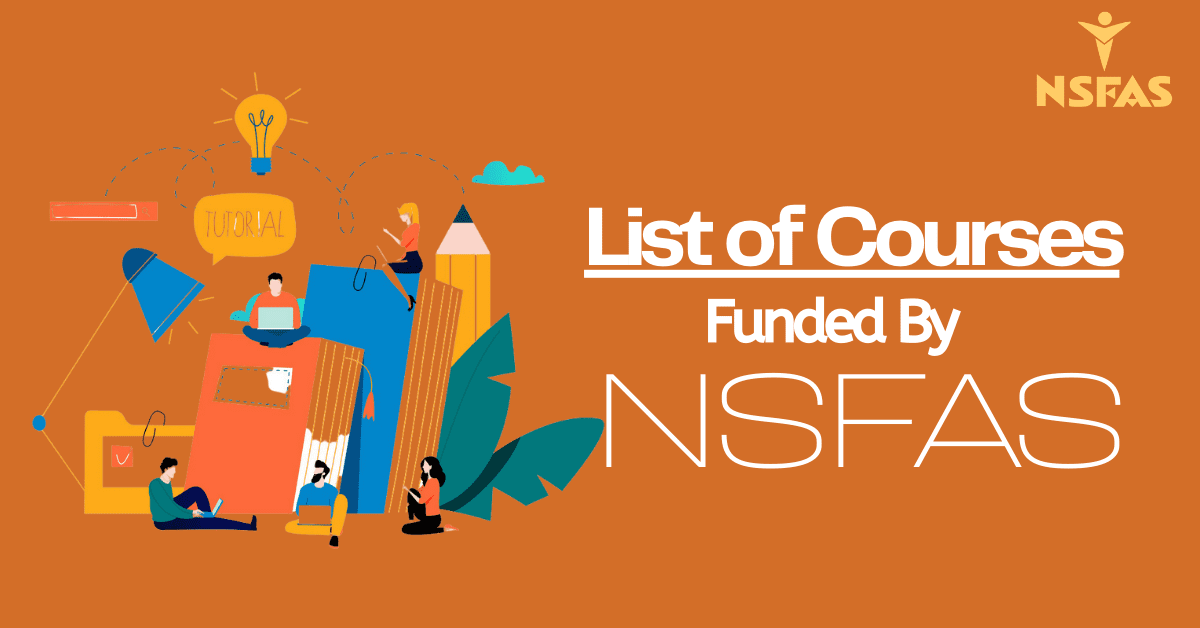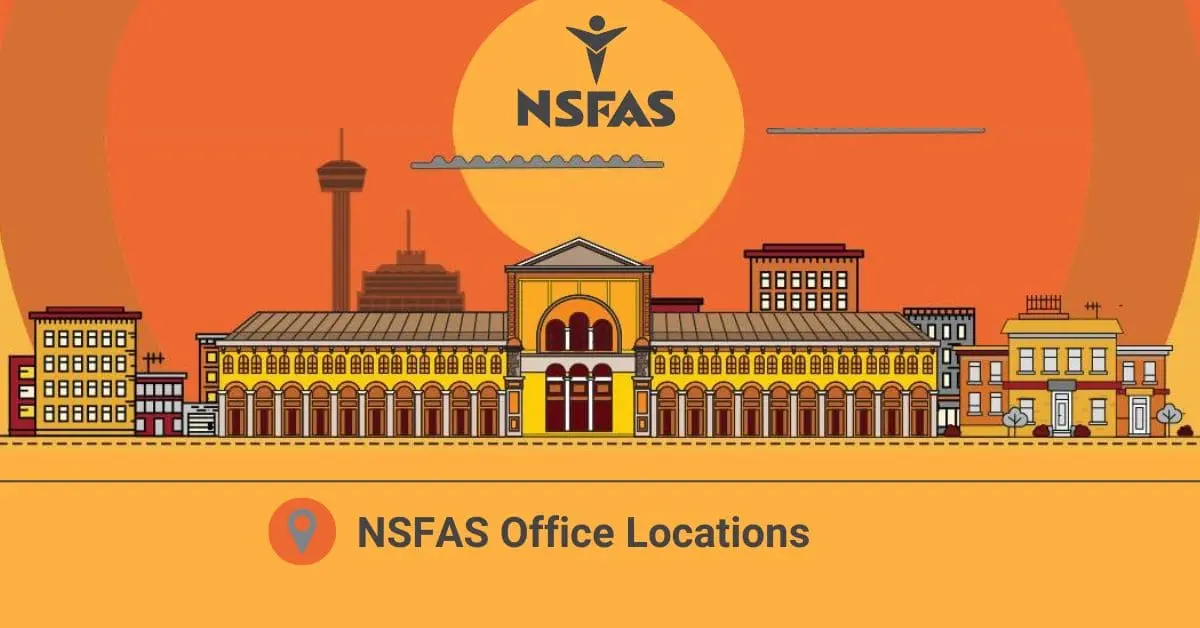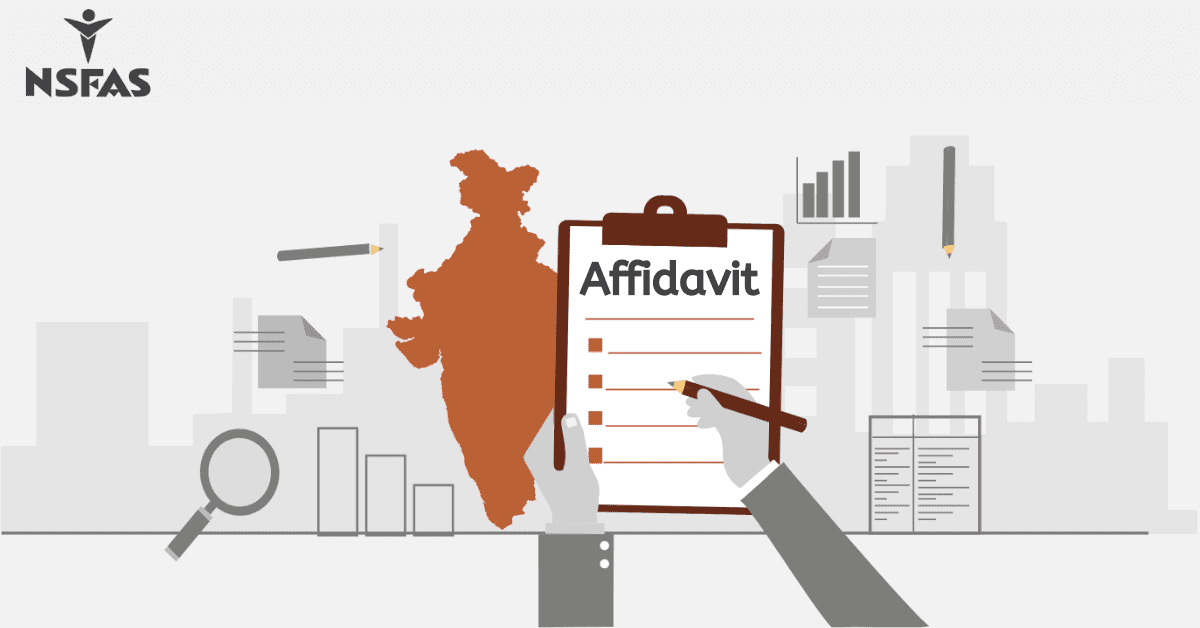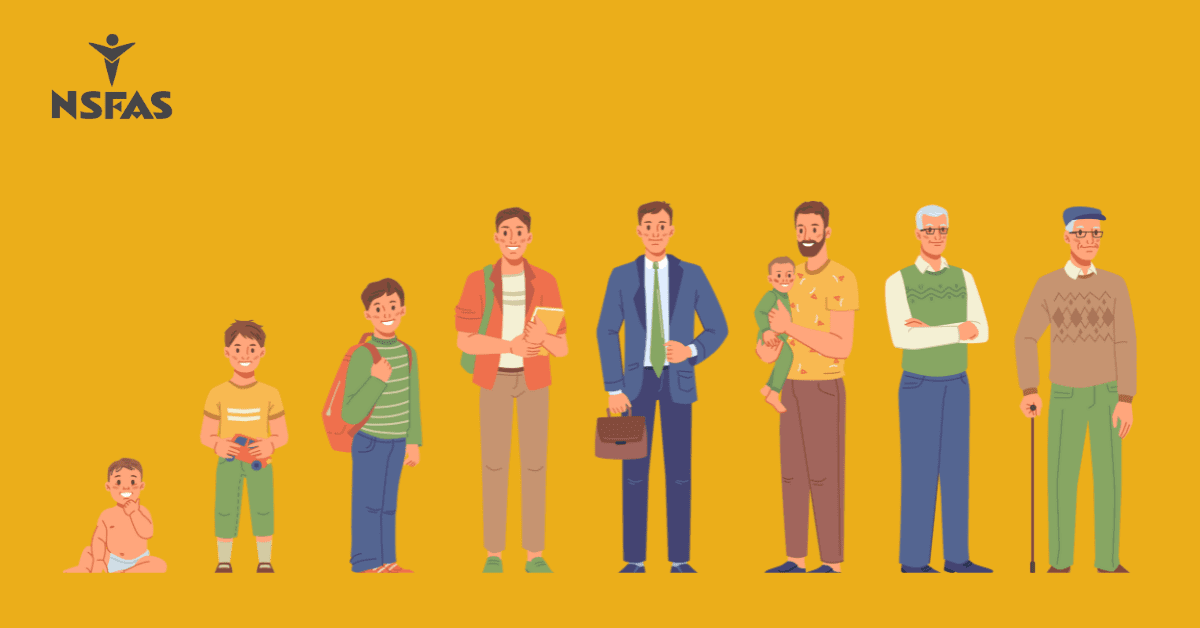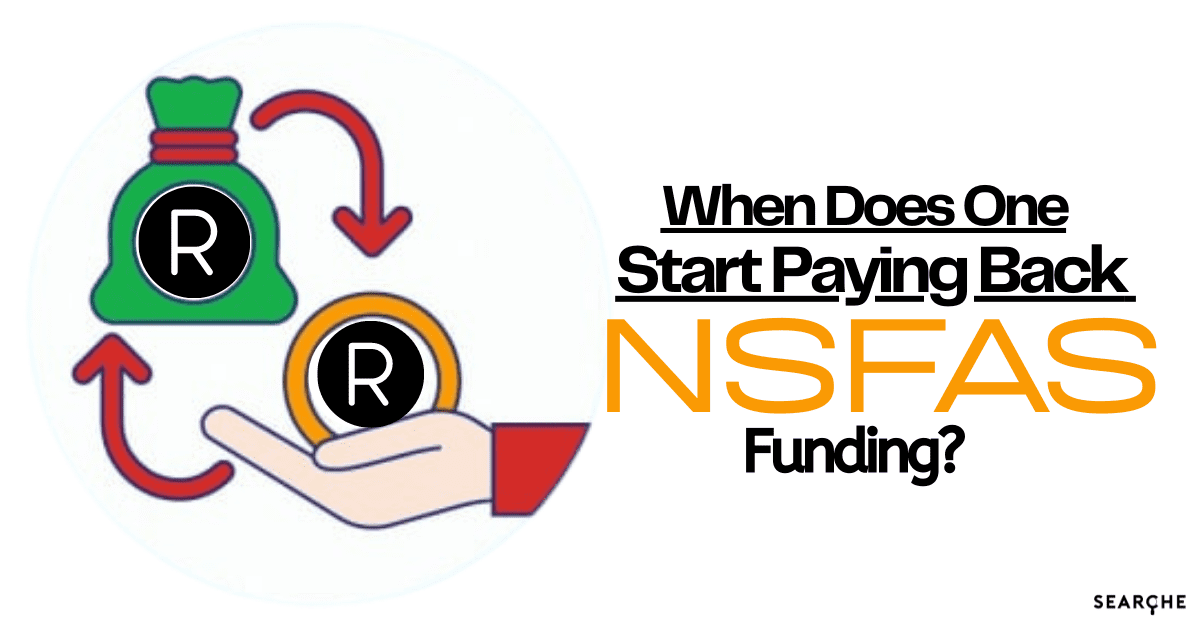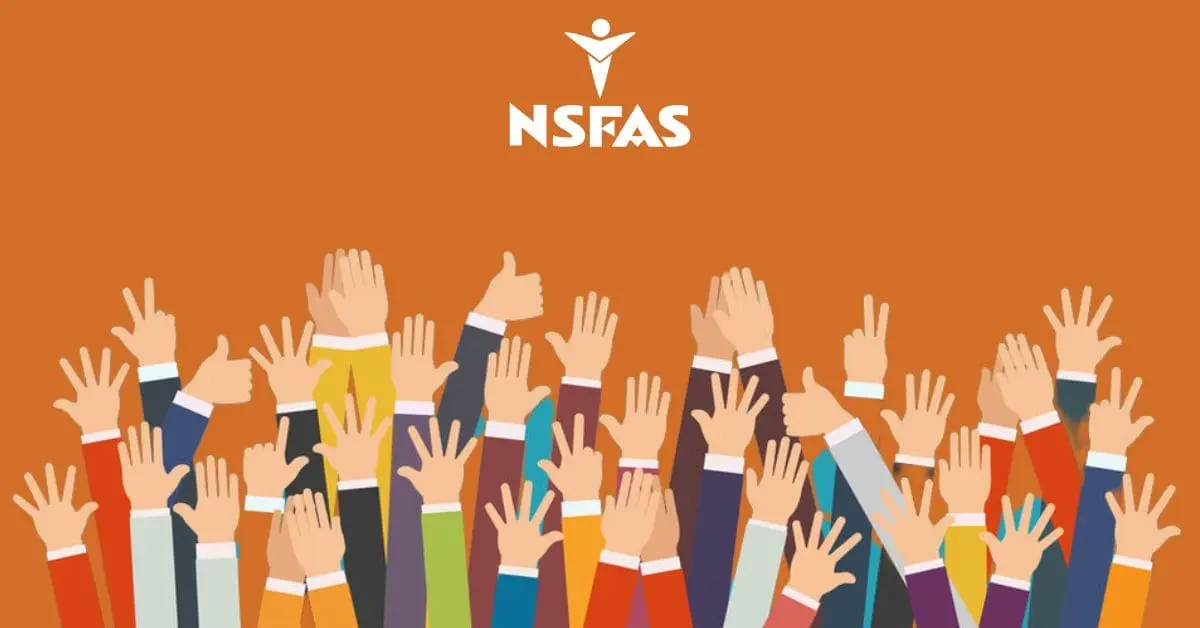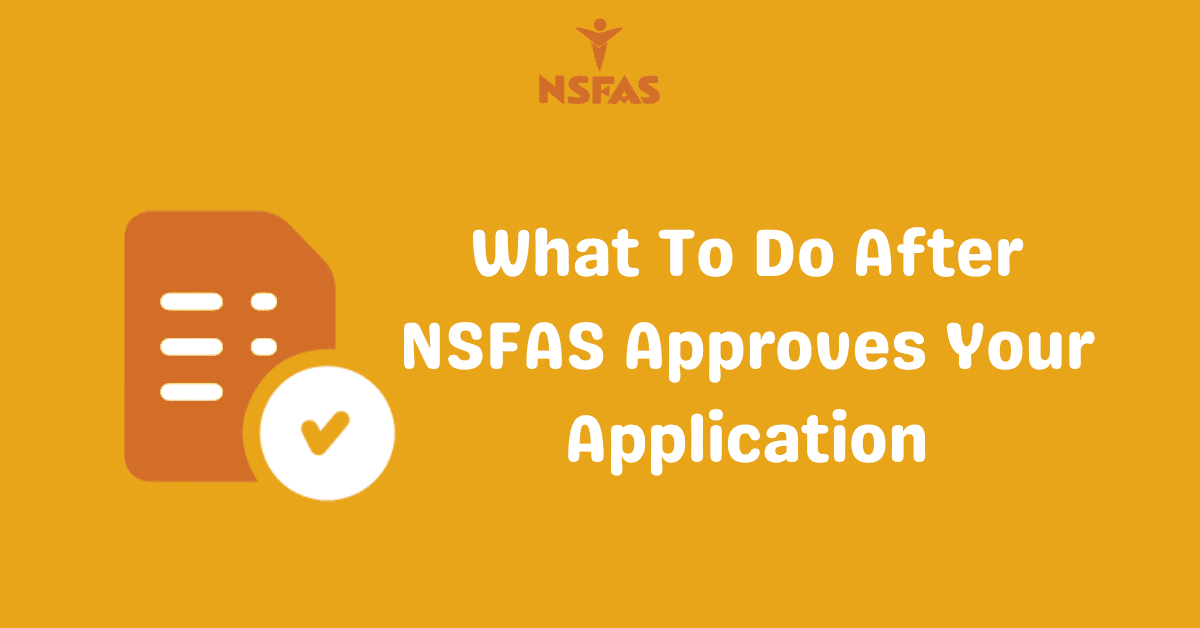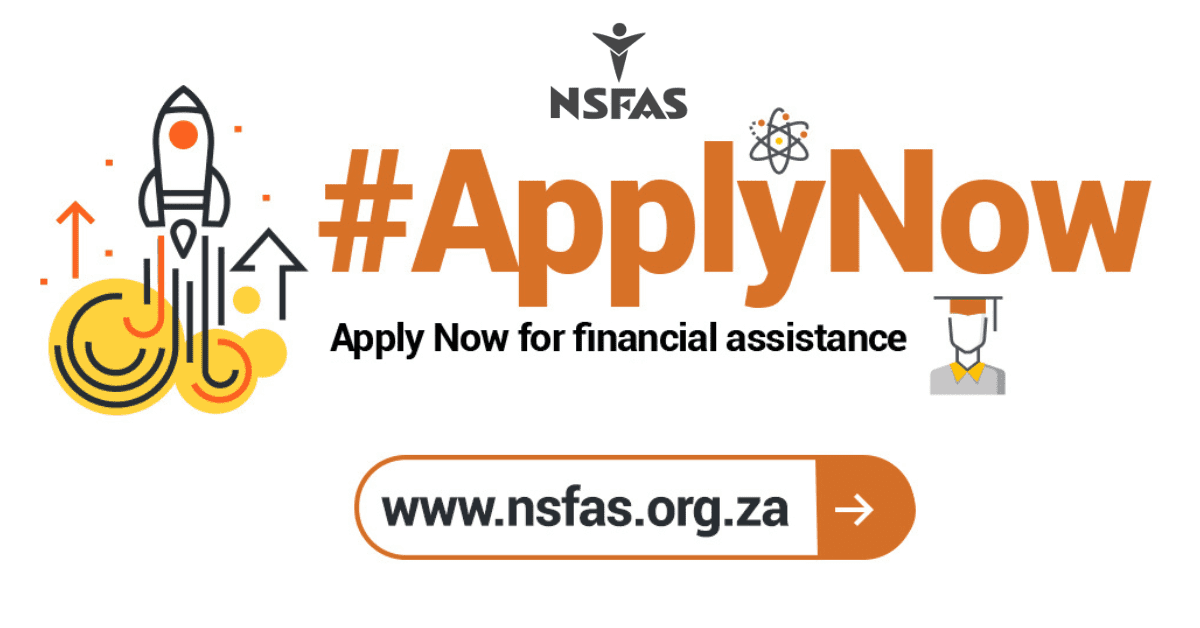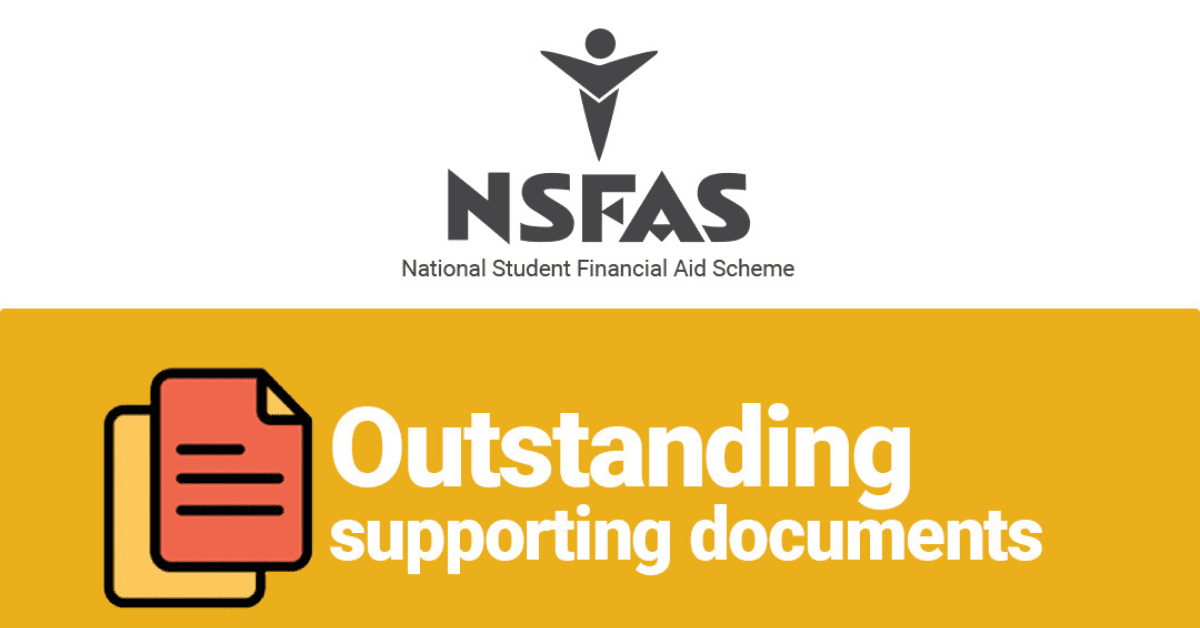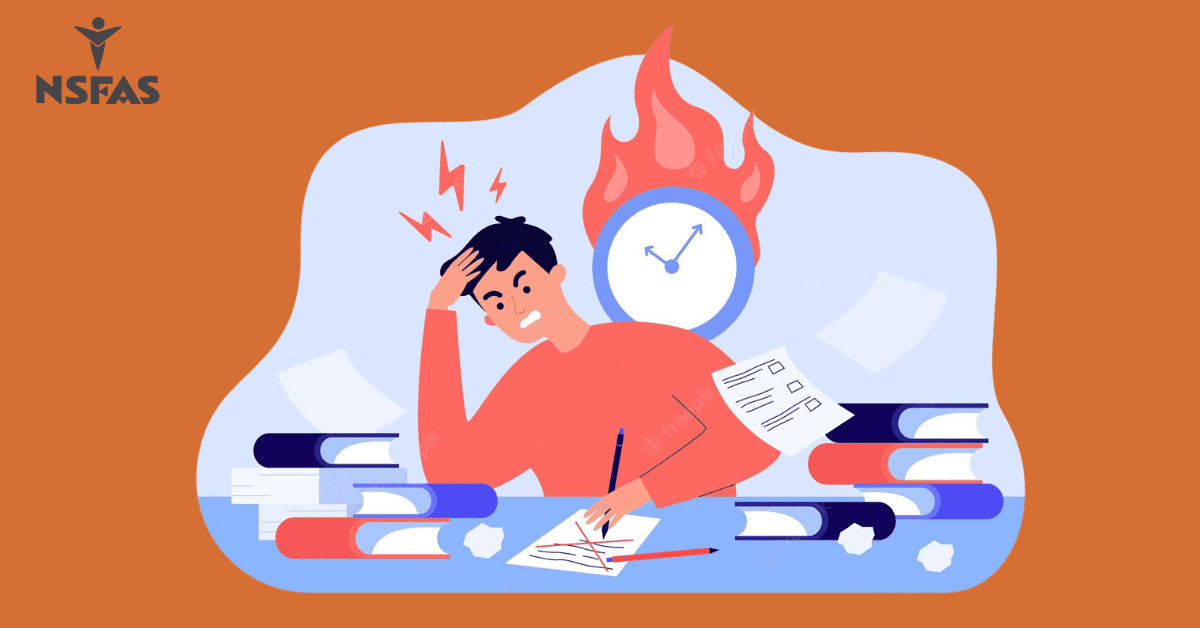In the span of two years between 2020 and 2021, NSFAS spent an average of R11.9 billion per annum covering the costs of student accommodation for its chosen beneficiaries.
With an average of 420 000 students residing in university and TVET accommodations each year. Out of this number, 43 percent was for institutional residences and 57 percent for private accommodation.
The average cost for university residence accommodation per student increased from R 33,950 in 2020 to R 44,714 in 2025.
The cost of NSFAS-related spending has seen a similar spike across the board, with the number of prospective students embarking on an academic career only increasing.
Research commissioned by NSFAS shows that university and TVET college admissions are projected to skyrocket by 2025, with the responsibility to accommodate this growth in its budget being held by the bursary scheme.
For example, at the diploma level, there is insufficient planned capacity in the system to meet forecast demand of around 40 000 places per annum.
This means that as a consequence, the unmet demand at universities for first-time students hoping to study for a diploma will increase from 400 000 places in 2017 to 800 000 by 2025.
This shows that there are major budget shortfalls that need to be addressed, should NSFAS hope to remain viable in the future.
With an important part of that budget is student allowances and how they are calculated to include the rising costs of living, something covered in this article on how much NSFAS gives a student per year.
How much does NSFAS give students per year?
NSFAS has undergone a prolonged period of consolidation to ensure that its annual budget meets the needs of its students in the context of an expanding economy.
Minister of Higher Education, Science, and Innovation, Dr. Blade Nzimande issued a statement earlier this year regarding the financial woes that posed a challenge to the bursary scheme.
He said that a “Total amount of R47,3 billion was allocated to NSFAS following the funding shortfall, by the Department of Higher Education and Training for the 2025 academic year, to cover both TVET colleges and the public Universities.”
This shows that there has been a substantial increase in the amount of money allocated to each student studying under the auspices of a NSFAS bursary for a given year.
As of the 2025 academic year, students engaged in an academic tenure with the aid of the bursary fund at the university, who reside within the grounds of a university residence will receive a grand total of R 75 164 per annum.
The funds will go to cover the costs of meal allowances at R 15 000 per year, a once-off book allowance of R 5 200, a personal care allowance of R 2 900 a year, a transportation allowance of R 7 350 a year, and a rental allowance of R 44 714 for an academic year.
Although it is important to remember that costs may vary according to the different institutions that offer courses covered by NSFAS.
How much does NSFAS give students per month in 2025?
According to circular 1 of NSFAS for 2025, which was released on April the 4th due to the COVID-19 pandemic, which indicates how much of the National Treasury’s budget was released to the bursary scheme and by extension, how much it has to spend on bursary-related expenses.
According to NSFAS’s budget as derived from the Department of Higher Education, NSFAS bursary payments, made out in monthly increments for universities are as follows:
For accommodation, the estimated monthly payouts are R 4471 for standardized university residence.
R 750 a month for transportation costs, a R 1500 a month living allowance intended to cover the costs of food, and an incidental/personal care allowance of R 290 a month to cover the cost of personal hygiene products.
The monthly expenses for a student at a TVET college are as follows:
Accommodation at R 2400 per month at a residence based in an urban area, R 1890 for a residence in an area designated as peri-urban, and R 1575 a month for accommodation at a residence based in a rural area.
A transportation allowance is paid out in monthly increments that varies between R 735 to R 700 based on how far away your place of residence is from your institution of learning.
And an incidental/personal care allowance of R 290 a month to cover personal hygiene expenses.
How much will NSFAS give students in 2025?
Although applications for the 2025 academic year are officially open at NSFAS, the department of Higher Education and treasury are yet to release the annual budget or circular 1 on bursary spending for the upcoming year.
Despite this, it is unlikely that the allowances and annual payments for both university and TVET college students will differ from that of the 2025 academic, which may come as a disappointment to some.
The budget allocated to the bursary scheme, however, is expected to increase as projections estimate that forecast demand for bachelor places in university will increase to 420 000 by 2025, from 375 000 in 2018.
With even higher forecasts for first-time graduates applying to study diploma-level courses, so much so that there is not enough capacity at universities to meet the demand for 40 000 new places per annum.
Current bursary beneficiaries and future prospective students had their hopes up when a circular began doing the rounds on Twitter, claiming that NSFAS had increased the meal allowance to R 2100, the book allowance to R 6500, and private accommodation by 8% for 2025.
Although officials at NSFAS quickly came out to refute the claims attributing them to a hoax, maintaining that yearly and monthly allowances would remain the same between the 2024 and 2025 academic years.
How much does NSFAS pay at the beginning of the year?
Once the academic year for universities and TVET colleges has commenced, as well as the circular from NSFAS containing the national budget for the year, the bursary-related funds owed to students will be dispersed into their accounts.
This will include the first instalment of students’ monthly allowances, which include an R 1500 living allowance, R 290 incidental allowance, R 750 travel allowance, and an R 4471 rental allowance.
As well as an R 5200 book allowance paid out in the first month of your academic tenure for a given year.
Since delays between your first NSFAS payment and the start of an academic year can occur due to backlogs in the bursary funds system.
Personal family contributions to tuition costs can be made during this period and are eligible for a refund from NSFAS, on the condition that sufficient proof is given by the student of the payment.
